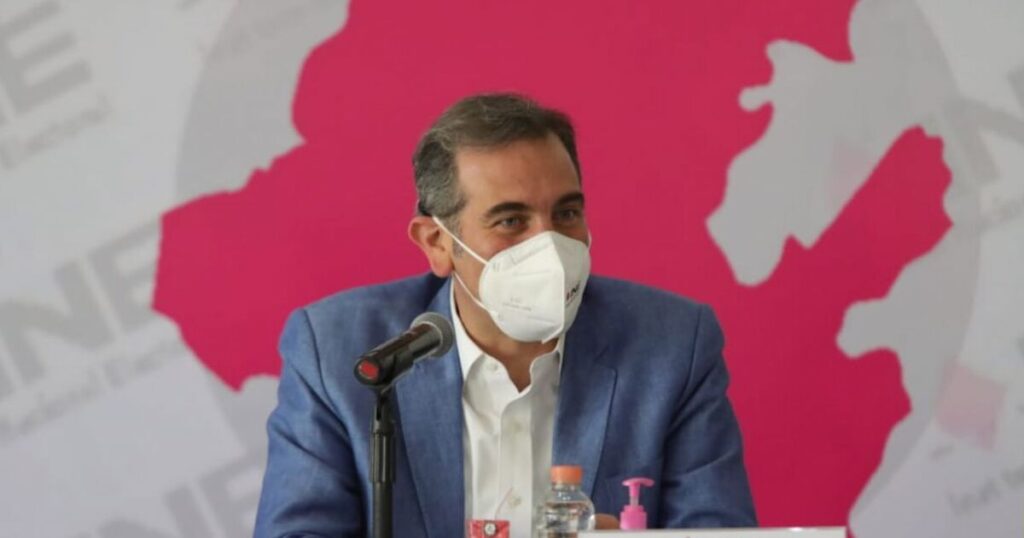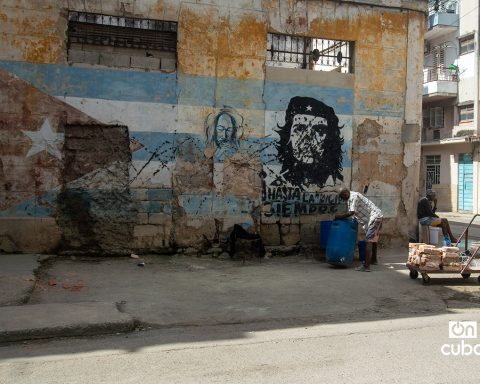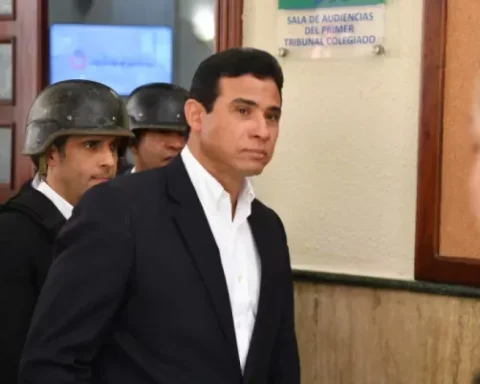On Sunday morning, the President of the Republic, Gabriel Boric Font, led the presentation ceremony of the 2022-2025 Housing Emergency Plan, a document that brings together a series of measures to address the country’s housing deficit and is part of the new Law of Social and Urban Integration.
According to the Government, this plan aims to set annual goals, differentiated by region and commune, as well as monitoring, evaluation and periodic reporting mechanisms.
Regarding the role of the State in terms of housing, the President affirmed that “residents are not asking the State authorities for a favor, we are not doing them a favor, we are guaranteeing something that should be the right of all our inhabitants, which is to have decent housing. And working with that ethic, with that conviction, I think will give us a boost to be able to meet our goal and reach all the territories of Chile.”
Through a statement, from La Moneda they emphasize that to date Chile is in a situation of high housing deficit, estimated at 650 thousand houses/apartments. The situation in the camps has grown exponentially and the committees that have been waiting for a solution for years are still waiting.
“When we speak of the word dignity, of decent housing conditions, we are thinking that the situation of vertical ghettos will not be repeated. One thing that surprises me about many camps is that the camps always -I happened to see one in Lampa, for example- where they defend and leave a space for the square, for the park. The State cannot simply hand over the heavy work and then leave. When the State abandons others, others arrive, the narco arrives, for example”, added the President of the Republic.
As explained by the Head of State, the Housing Emergency Plan has been conceived with criteria that mark a new approach to the State’s relationship with citizens, as well as with an emphasis on strengthening the role played by the State in generating solutions and projects. Likewise, criteria of gender equity, territorial equity, diversity, decentralization, sustainability, security and participation have been incorporated into it.
Finally, President Boric valued the work carried out by the Minister of Housing, Carlos Montes, and the Undersecretary, Tatiana Rojas. “I am happy, hopeful with what they have presented us today. By the way, we are going to study it carefully, but this has already started. The diagnosis has been made for a long time and the residents are very clear about it and they are tired of the fact that, from the State, authorities come to repeat the characteristics of the problem that they experience firsthand.”


















